Blog
More Than Home Energy Reports: Behavior and Energy Efficiency
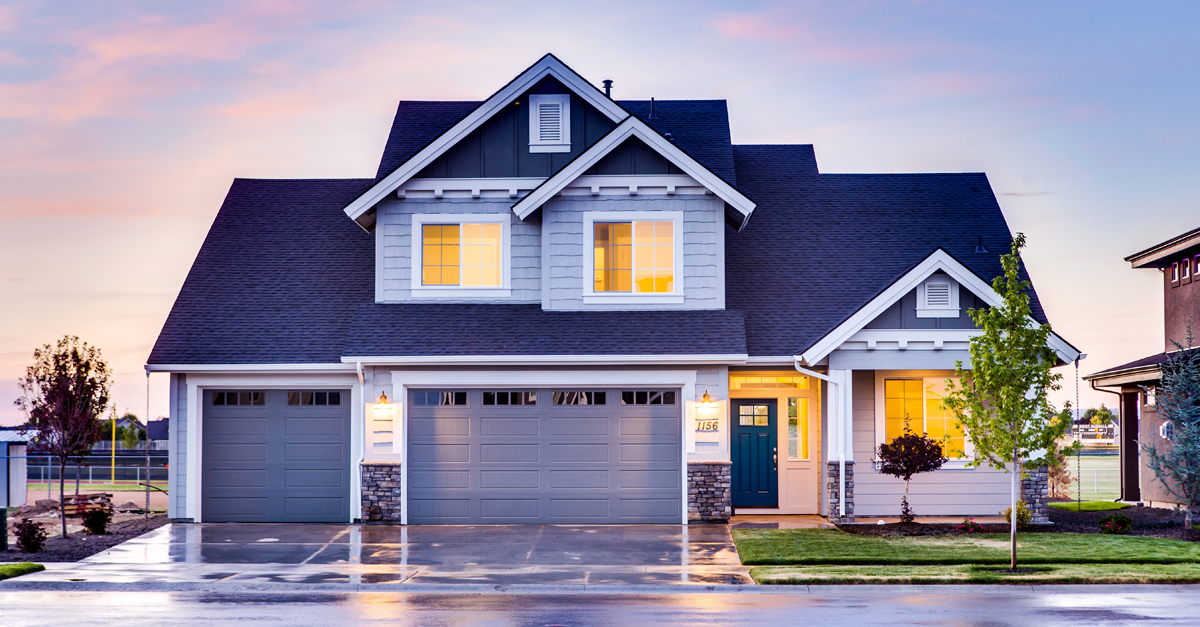
Wondering how you can influence behavior to reduce energy usage among businesses as well as residents?
Over the last decade, energy efficiency programs—faced with aggressive goals and fewer easy wins relative to technology—began seeking to change participant behaviors, especially at the household level. One strategy—home energy reports—dominated the program design. Home energy reports feature a model where participants receive feedback on how their energy usage compares to other homes—leveraging social norms. There is now plenty of research proving that households will reduce their energy usage if they learn that their consumption is higher than other peer households.
However, one of the challenges with the home energy report model, is that while we know that households reduce their usage, we don’t know how they reduced their usage, or for how long those reductions will persist.
USGBC IMPACT Recap: Achieve Sustainability Impacts Via Behavior Change
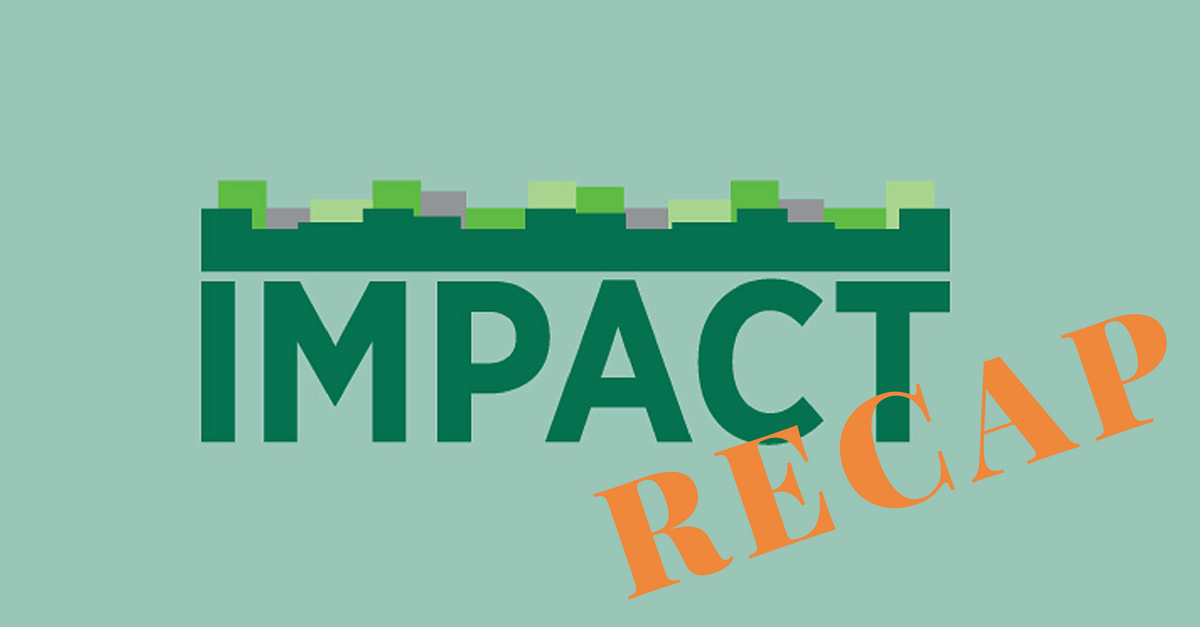
On May 1, 2018, Cool Choices Executive Director, Kathy Kuntz, presented a session at the US Green Building Council’s (USGBC) IMPACT Conference in St. Paul, MN titled, “If It Works Here…Green Lessons from a Very Red Place.” In her presentation, Kathy spoke about the affect of behavior and social norms as the applied to our 2017 Waukesha County program. Waukesha County is considered to be the most conservative county in Wisconsin. Here is a recap of the USGBC IMPACT 2018 event and Kathy’s presentation.
Cool Choices Partners with Kohler for a Second Employee Engagement Program
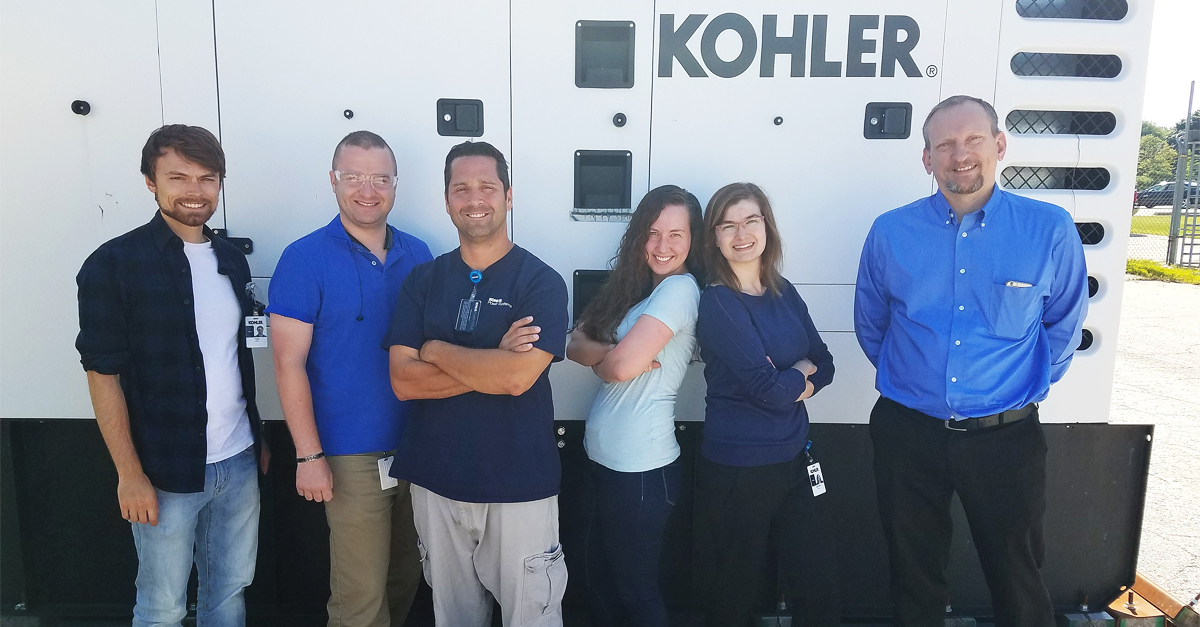
Cool Choices is thrilled to continue our partnership with Kohler Co. for a second employee sustainability engagement program. Kohler is not only a global leader in kitchen and bathroom products, but they are also an inspiring leader in environmentally sustainable business practices. Kohler believes that better business and a better environment go hand in hand. Providing the Cool Choices sustainability engagement program to their employees helps reinforce these ideals among their workforce, while also inspiring their teams to be part of Kohler’s sustainability successes, and empowering individuals to make sustainable practices part of their daily lives.
Achieving Triple Bottom Line Results via Employee Engagement
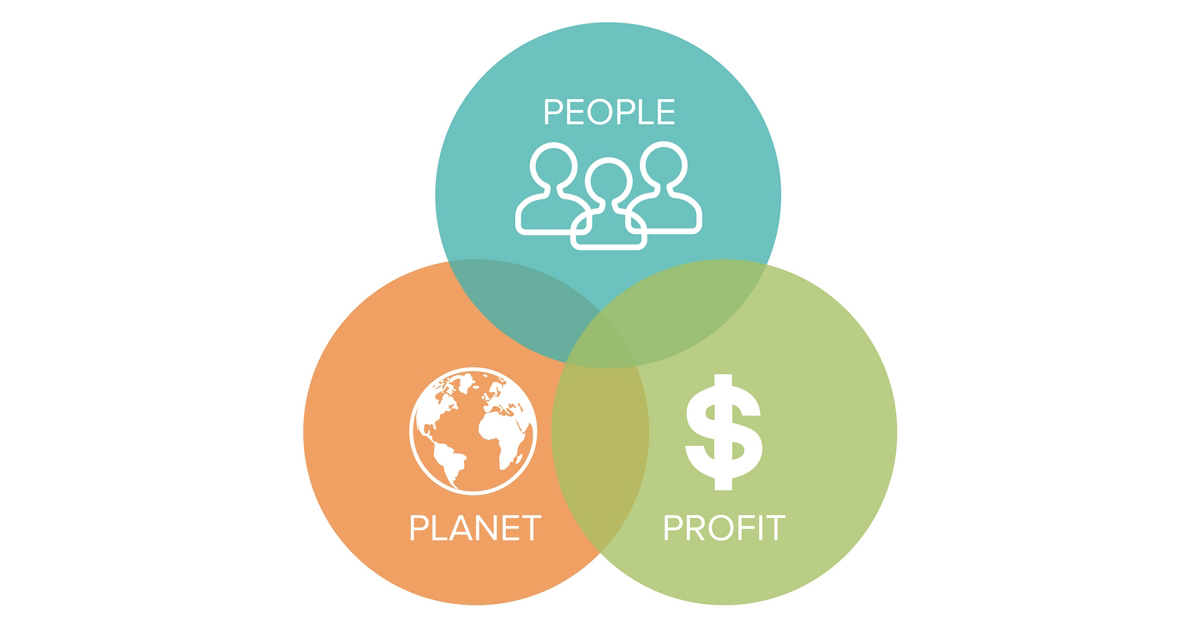
More and more, companies are making a commitment to sustainability and social responsibility, alongside increased profits. In fact, diligence with the first two can have significant influence with consumers. How entities prioritize and measure the performance of all three is known as a triple bottom line accounting framework. Ultimately, entities want sustainability and social solutions that benefit the triple bottom line—solutions that deliver value to people (customers, employees, and stockholders,) the planet (wise resource use,) while also increasing profits.
Alumni Sustainability: Mary Makes a Cool Sustainable Vehicle Choice
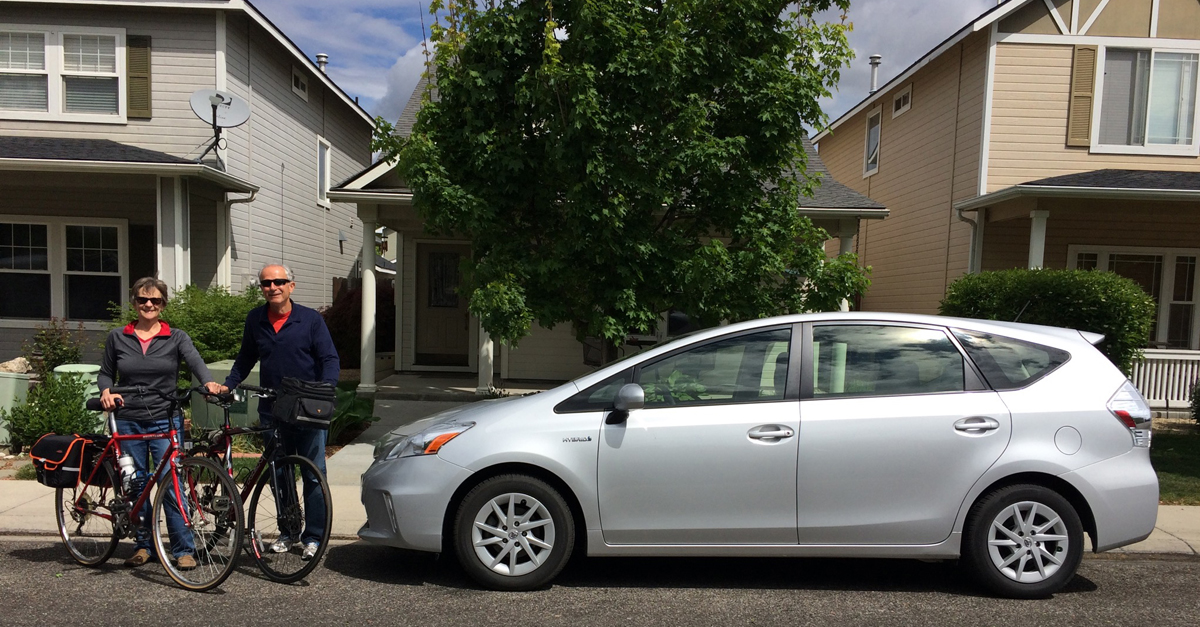
Cool Choices alumni continue to practice the sustainable habits they were inspired to take as part of our employee and community engagement programs long after the programs end. Often, alumni will send us stories to tell us the green steps they are continuing to make in their daily lives.
This month, we spotlight Mary and celebrate the sustainable vehicle choice her family made.
Generating Earth Day Enthusiasm Every Day
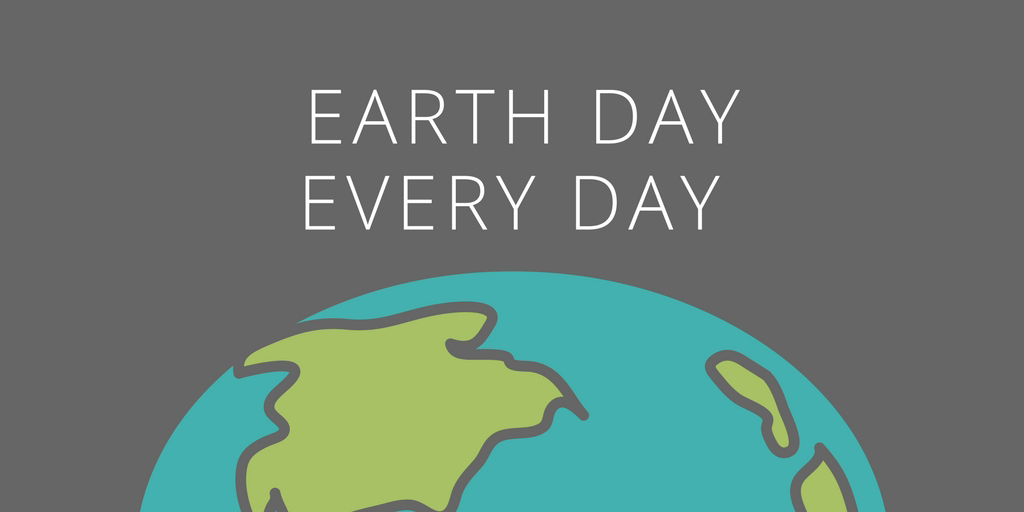
This is a busy time of year for sustainability professionals. Earth Day is THE holiday for advocates promoting environmental sustainability, whether as part of a corporate sustainability program or in a community-based setting. That means that green-themed lectures and sustainability fairs abound this time of year.
Ultimately that creates two challenges: First, the efforts occur just once a year. Second, in many cases, these efforts do not engage people, as we like to say, beyond the choir – people who are already trying to live an eco-friendly, sustainable lifestyle.
CERTs Offers Inspiring, Effective Clean Energy Leadership in MN
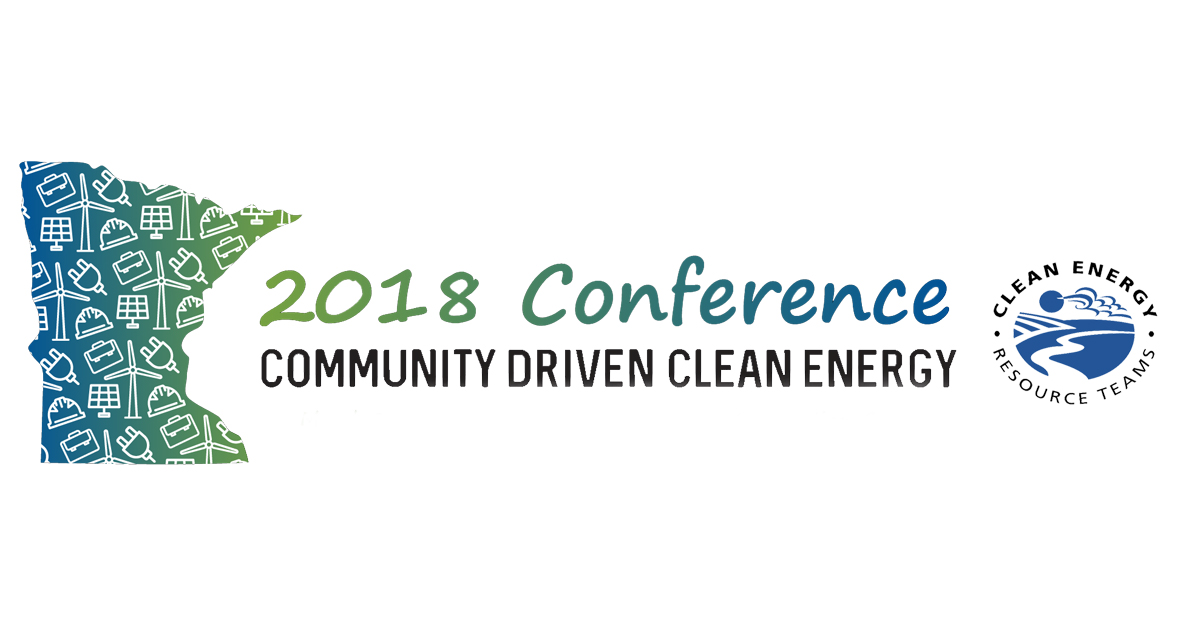
Minnesota’s Clean Energy Resource Teams (CERTs) hosted its 2018 conference, Community Driven Clean Energy, March 27-28, 2018, in central Minnesota. The event showcased the many Minnesota communities where clean energy investments are paying off. The event also highlighted ways CERTs staff is helping communities become part of the solution.
Alumni Sustainability: Jane Opts for Sustainable Travel Choices
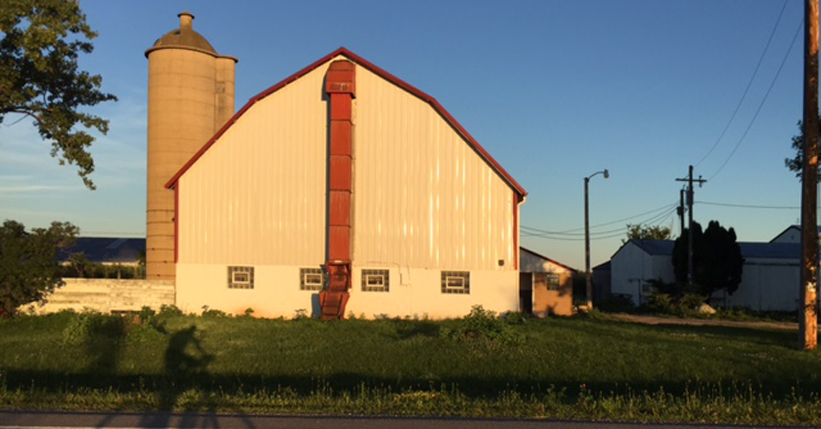
Cool Choices alumni continue to do amazing stuff after participating in our workplace and community sustainability engagement programs. Our program encourages individuals to make lifestyle changes in their daily activities that help reduce greenhouse gas emissions and other waste. The lasting changes participants make continue to persist for years to come. In fact, the changes they make not only affect themselves, but they share their new behaviors with friends and family to inspire even more sustainable action.
Gerding Edlen Sustainability Engagement Program Results
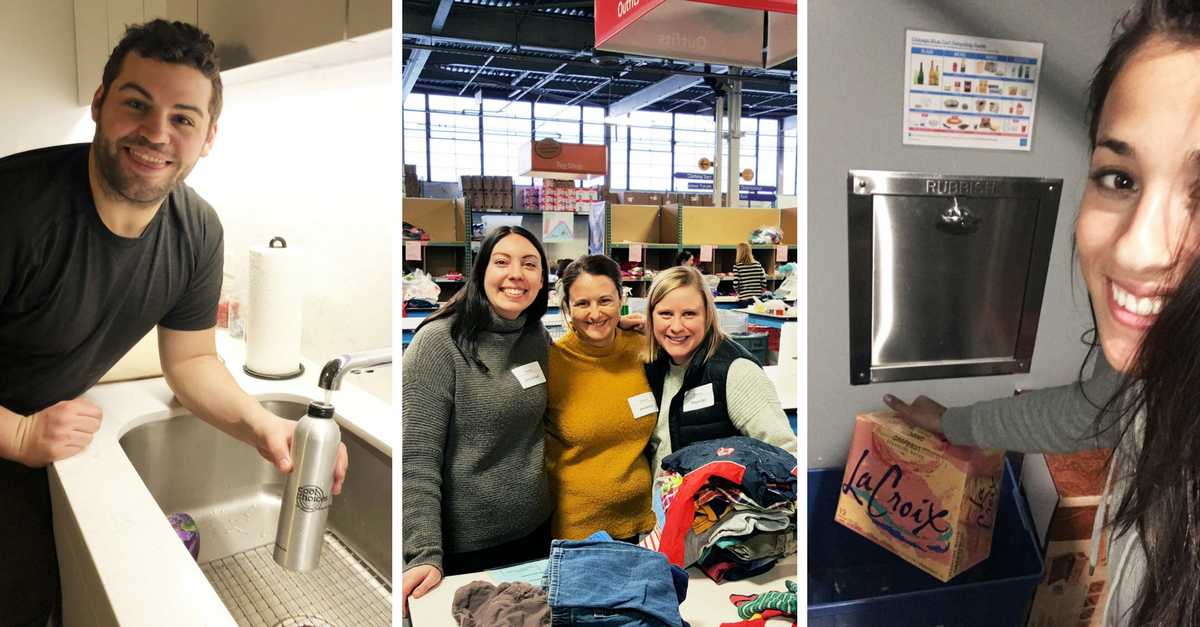
Cool Choices recently completed a tenant sustainability engagement program at six Gerding Edlen multi-family buildings in Boston and Chicago.
Gerding Edlen is a national leader in real estate investment, development, and asset and property management. Founded in 1996 and headquartered in Portland, Oregon, Gerding Edlen has built or renovated over 75 LEED certified properties.
Beyond the Green Team: Engaging a Broader Sustainability Audience
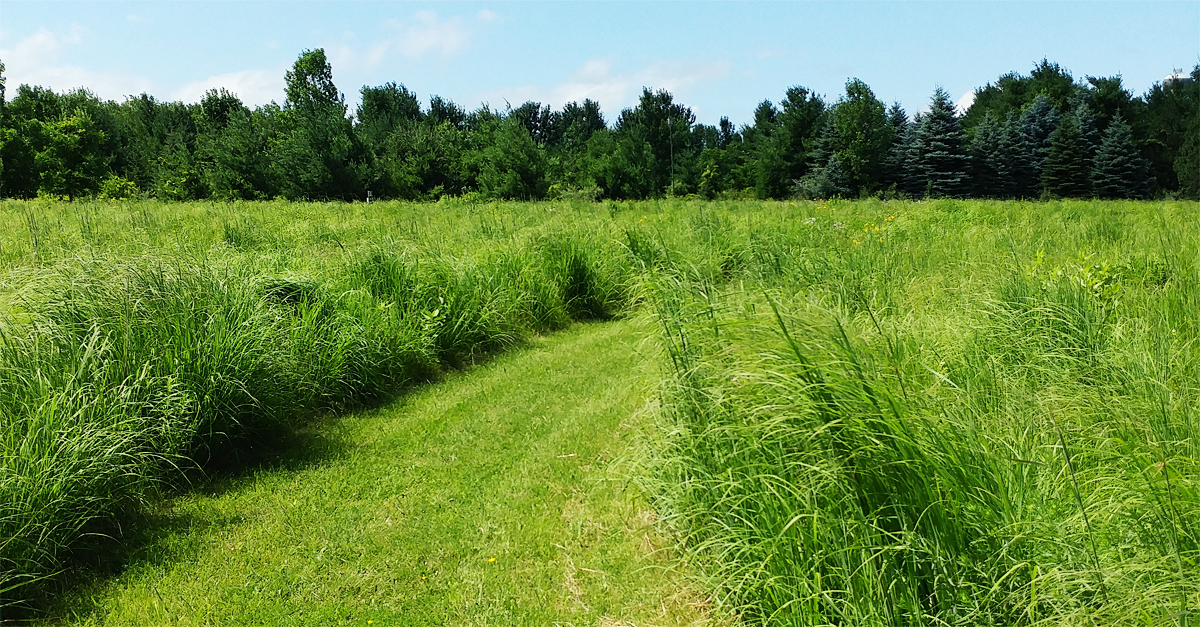
As we’ve noted before, corporate sustainability is becoming the new normal. More and more companies are issuing corporate sustainability reports. In 2016, 82% of the S&P 500 issued corporate sustainability reports, up from just 20% five years earlier.
Similarly, more and more communities—red as well as blue—are committing to green goals. Reducing waste saves money and increases resilience—benefits that appeal to everyone.

